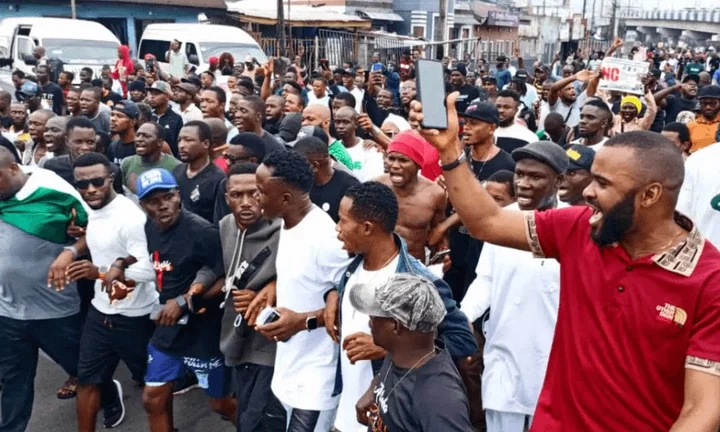
Protests have entered Day 3, with demonstrators demanding that President Bola Tinubu address their demand on the reduction the cost-of-living crisis.
Placard-carrying young Nigerians say they are hungry, demanding lowering of the petrol price and 'jobs and better management of the economy.'
One protester, Khadijat Oluwadare, said she finished university in 2022 but is yet to secure a job.
"I have looked for a job for two years but can't find any. I am 26, but most jobs are reserved for people who are 21-23. Why demand work experience in a nation where so many people don't have jobs?" she said.
Nigeria is Africa's biggest oil producer, but citizens say they can't see gains of that title. Inflation is over 34 percent, driven by high food prices. Food inflation is over 40 percent, with the naira sliding to N1,617/$ on Friday in the NAFEM market as against N760/$ a year earlier.
Good reforms such as petrol subsidy removal and the foreign exchange float have turned out to hit the citizens hard, throwing many into poverty.
"We will continue until the President tells us how he will end bad governance. We want to have only one legislative house and we want a reduction in the cost of governance. We can't be hungry while government officials fly expensive aircraft," said Samuel Adonri, a protester at Ojota.
President Tinubu is yet to address the nation amid curfews in states in the northern Nigeria due to violence and deaths across the region.
About 13 to 17 persons have died so far in the hunger protest.
Protesters broke into Ministry of Communications and Digital Economy's industrial park on Thursday in Kano, carting away office furniture, chairs and other essential items while setting it on fire.

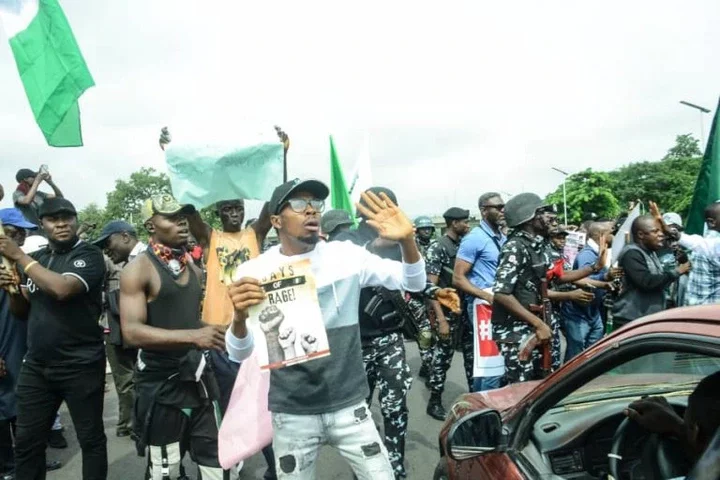
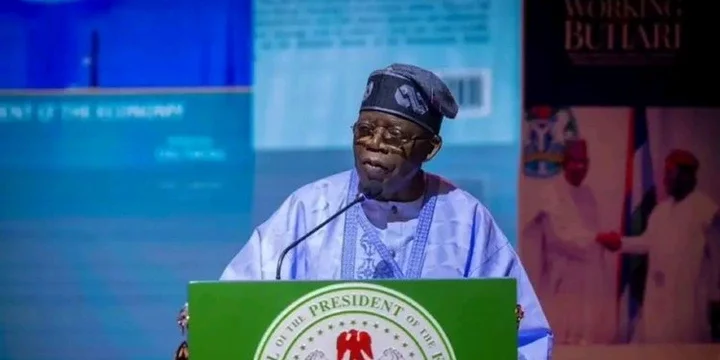

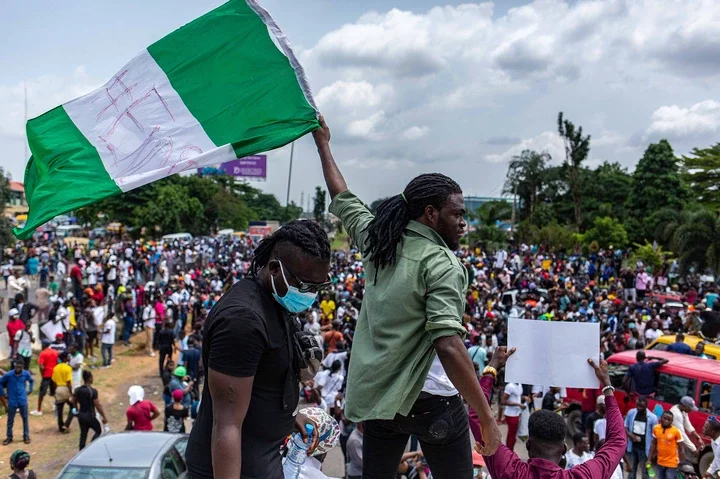
![[BREAKING] Nationwide Protest: Tinubu to Address Nigerians [BREAKING] Nationwide Protest: Tinubu to Address Nigerians](https://static.netnaija.com/i/EeK8vG3zaP8.webp)


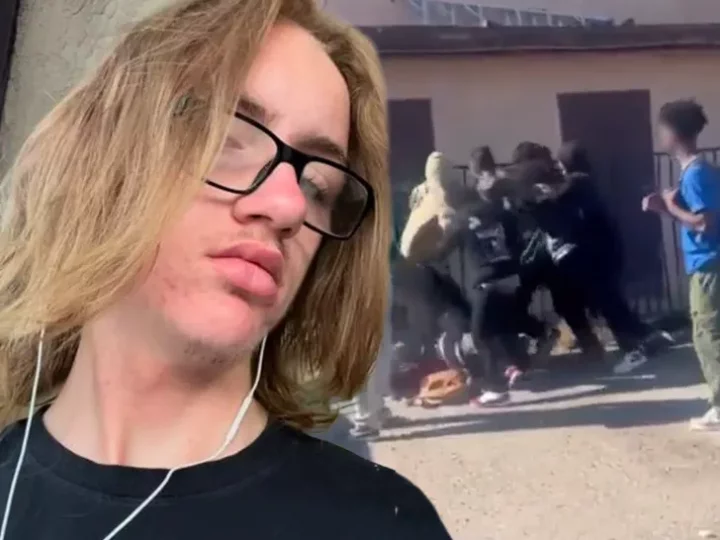
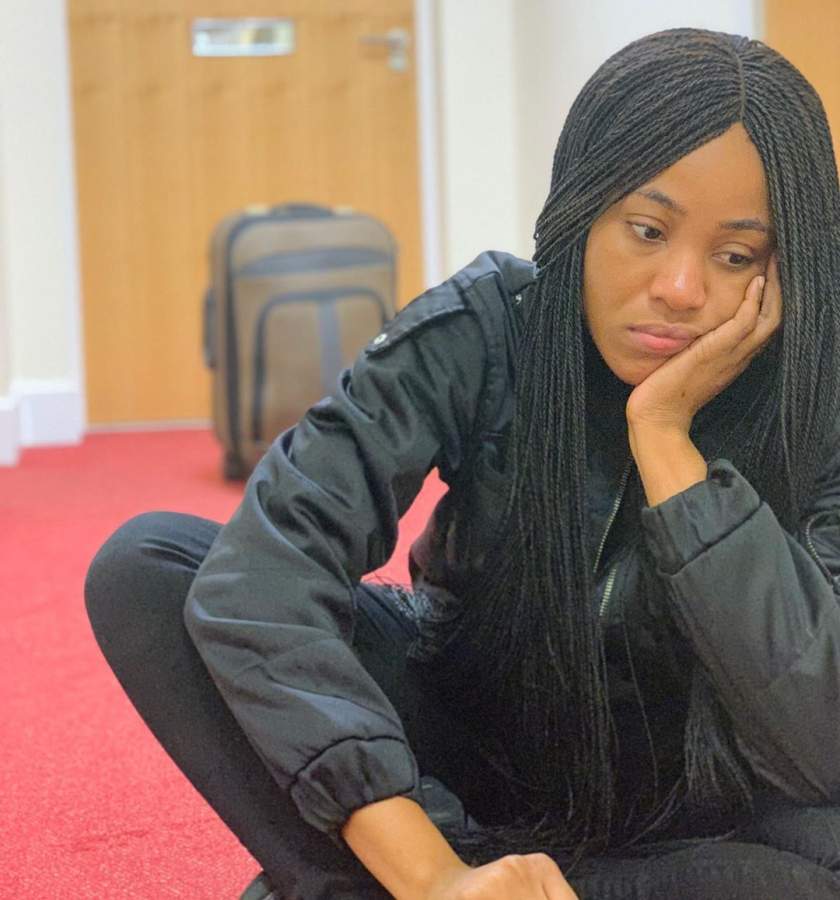




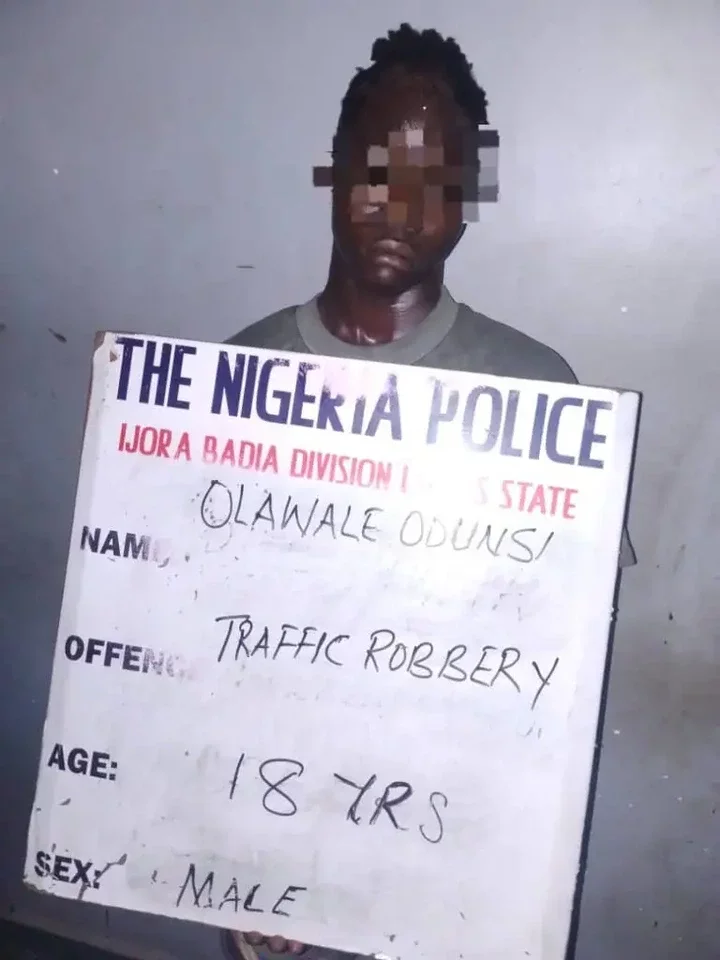


Comments